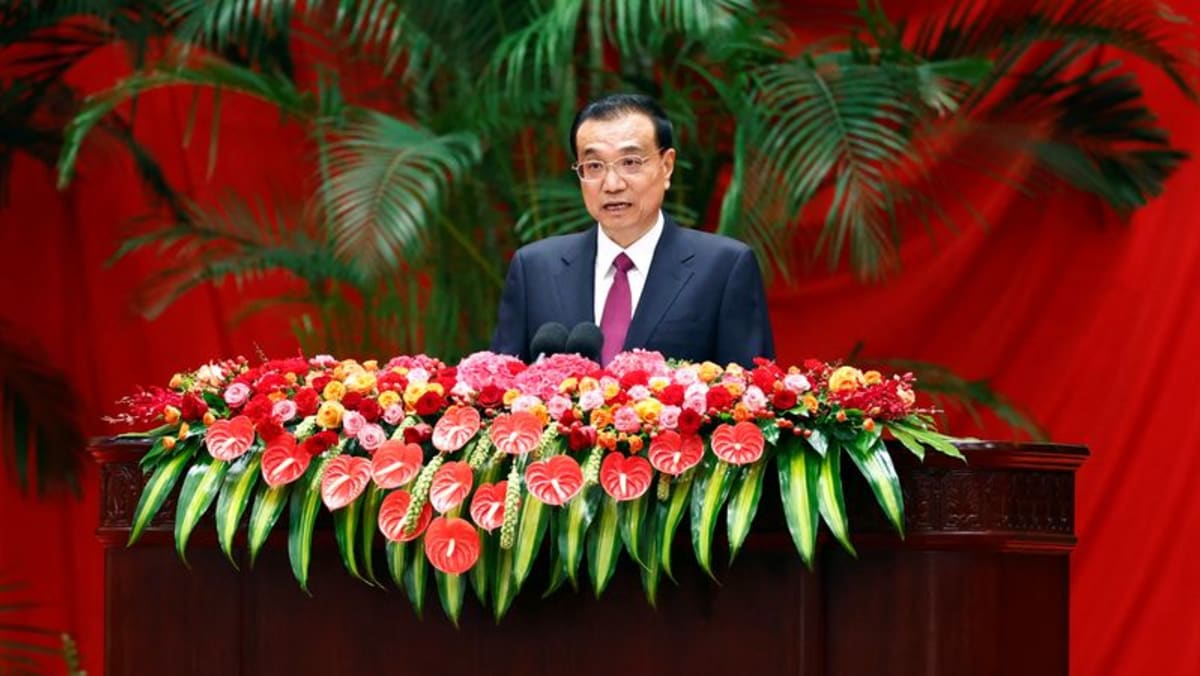
“No matter how the international winds and clouds change, China will unswervingly expand its opening up,” Li said at his last public appearance in a press conference in March. “The Yangtze River and the Yellow River will not flow backwards.”
He was born in Anhui province in eastern China, a poor farming area where his father was an official and where he was sent to toil in the fields during the Cultural Revolution.
He memorably said in 2020 that 600 million people in China earned less than the equivalent of US$140 per month, sparking a wider debate on poverty and income inequality.
A career bureaucrat who spoke fluent English, Li had voiced support for reforms during his time in office, though his attempts at financial reforms were curtailed by Xi’s overwhelming authority.
Li was also praised for helping to steer the country through the global financial crisis relatively unscathed.
But his time in office saw a dramatic shift in power in China from the more consensus-based rule associated with former leader Hu Jintao and his predecessors, to the more concentrated power of Xi.
The appointment of Xi ally Li Qiang – former Shanghai party boss – as his successor this year was seen as a sign that his reformist agenda had fallen by the wayside as Beijing tightens its grip over its slowing economy.
